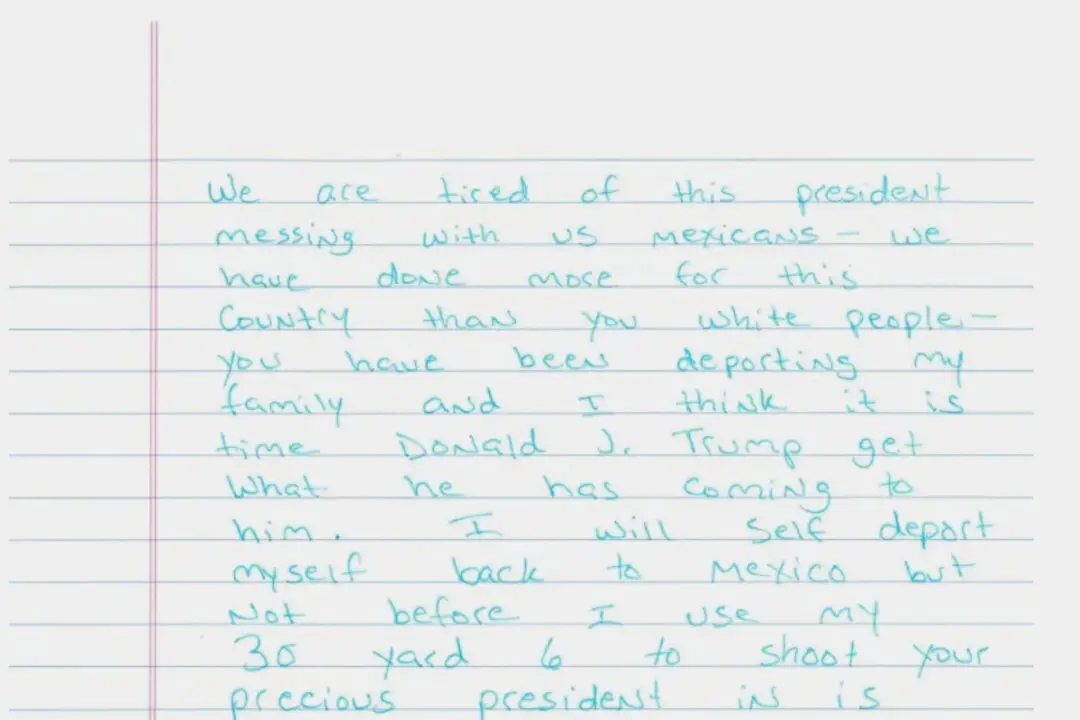TEHRAN, Iran—Iran’s president said on Tuesday, Jan. 5, that Saudi Arabia cannot “cover up” its crime of executing a leading Shiite cleric by severing diplomatic relations with the Islamic Republic, even as the kingdom’s allies began limiting their links to his country.
President Hassan Rouhani’s comments came as Kuwait announced it had recalled its ambassador to Iran over attacks on Saudi diplomatic missions in the Islamic Republic.
The execution last weekend of Sheikh Nimr al-Nimr, a Shiite cleric and opposition figure in Saudi Arabia, has heightened the Saudi–Iran regional rivalry, threatening to derail already-shaky peace efforts over the wars in Syria and Yemen.
A statement posted on his official website said Rouhani discussed the current diplomatic dispute with visiting Danish Foreign Minister Kristian Jensen.
“The Saudi government has taken a strange action and cut off its diplomatic relations with the Islamic Republic of Iran to cover its crimes of beheading a religious leader in its country,” Rouhani said. “Undoubtedly, such actions can’t cover up that big crime.”
The diplomatic standoff between Iran and the kingdom began Saturday, Jan. 2, when Saudi Arabia executed Shiite cleric Sheikh Nimr al-Nimr and 46 others convicted of terror charges—the largest mass execution carried out by the kingdom since 1980. It’s not clear whether al-Nimr was beheaded with a sword, though Saudis routinely use that form of execution.
Al-Nimr, a central figure in the Arab Spring-inspired protests by Saudi Arabia’s Shiite minority, was executed after being convicted of sedition and of other crimes, though he long denied advocating violence. News of his execution has sparked Shiite protests from Bahrain to Pakistan.
In Iran, protesters responded by attacking the Saudi Embassy in Tehran and its consulate in Mashhad. Late Sunday, Saudi Foreign Minister Adel al-Jubeir announced the kingdom would sever its relations with Iran over the assaults, giving Iranian diplomatic personnel 48 hours to leave his country.
Sudan and the tiny island kingdom of Bahrain said Monday they would sever ties with Iran. The United Arab Emirates announced it would downgrade ties to Tehran to the level of the chargé d'affaires, while other nations issued statements criticizing Iran.





